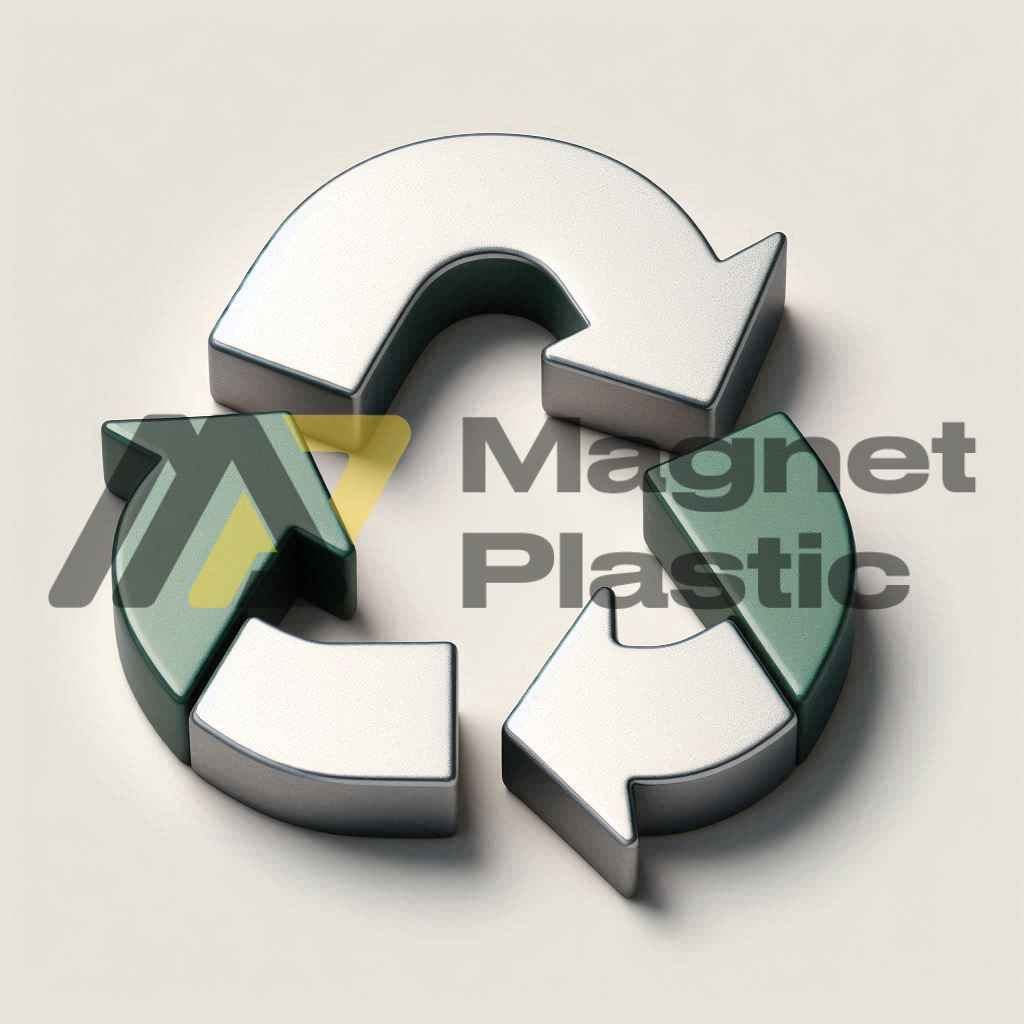Is It Possible to Create Eco-Friendly Magnets?
Magnets are essential to our daily lives and modern industry. They are used in motors, generators, electronic devices, and many other sectors. However, the production of traditional magnets, especially those made from rare earth elements like neodymium, has a significant environmental impact. This has led researchers to explore the possibility of developing eco-friendly magnets that are more sustainable and less harmful to the environment.
The Environmental Impact of Conventional Magnets
Most industrial magnets are composed of neodymium, samarium, cobalt, and ferrite. The extraction and refinement of these materials generate a large amount of toxic waste and CO2 emissions. Additionally, rare earth mining often produces radioactive waste and consumes vast amounts of water and energy, contributing to soil and water pollution.
Another issue with traditional magnets is their recycling. While neodymium and samarium-cobalt magnets are extremely powerful and durable, recycling them remains complex and costly, leading to an accumulation of magnetic waste in landfills.
Sustainable Alternatives for Magnet Production
In response to these environmental challenges, scientists are exploring various eco-friendly alternatives. Some of these include:
1. Recycled Magnets
Recycling magnets is one of the main strategies for reducing their environmental impact. Some companies are developing processes to recover neodymium and other magnetic materials from discarded electronic devices, such as hard drives and electric motors. This helps to limit mining activities and reduce toxic waste production.
2. Rare-Earth-Free Magnets
Researchers are also working on developing magnets that do not require rare earth elements. Alternatives based on iron and nitrogen, for example, are being studied to provide similar magnetic properties while being more environmentally friendly.
3. Biodegradable or Natural-Based Magnets
Another promising approach is the development of magnets made from biodegradable or renewable materials. While this technology is still in its experimental stages, some studies suggest that certain organic compounds can exhibit magnetic properties under specific conditions.
The Future of Eco-Friendly Magnets
Although no definitive solution exists yet, technological advancements in sustainable magnets are promising. With industrial support and continued investment in research and development, it is likely that more eco-friendly magnets will emerge in the coming years, combining performance with environmental responsibility.
In conclusion, the creation of eco-friendly magnets is not only possible but also necessary to reduce the environmental impact of modern technology. With the rise of recycling and alternative materials, a revolution in sustainable magnet production may be on the horizon.
